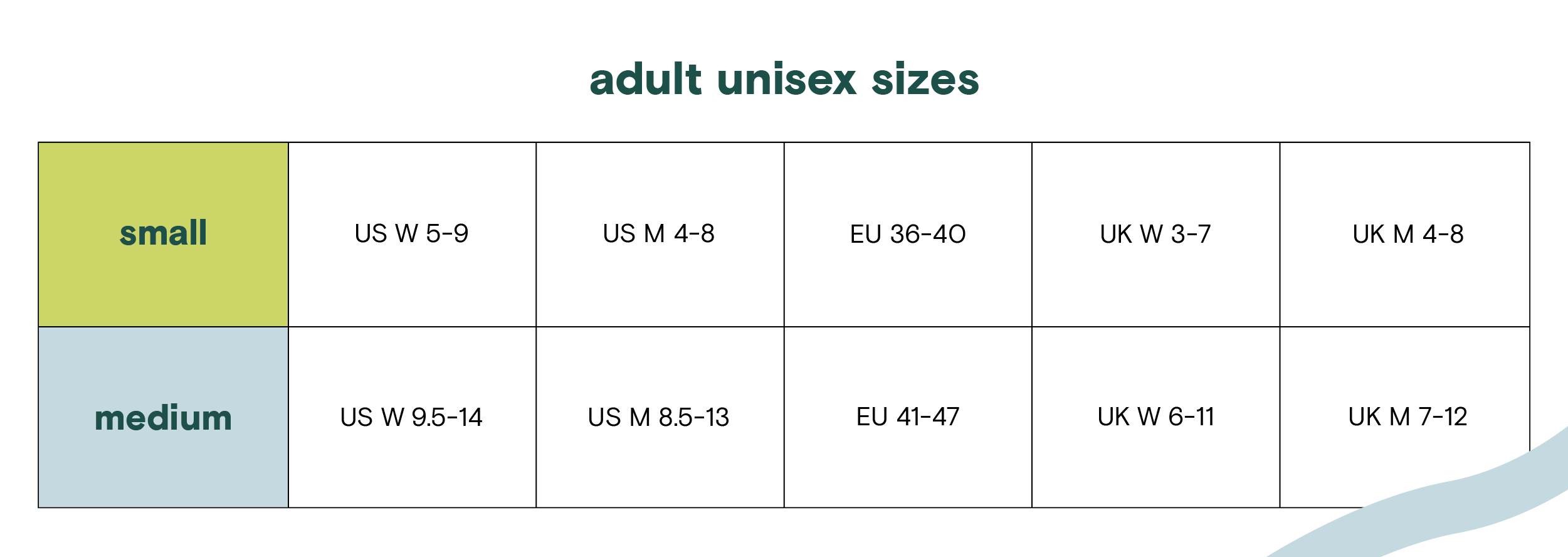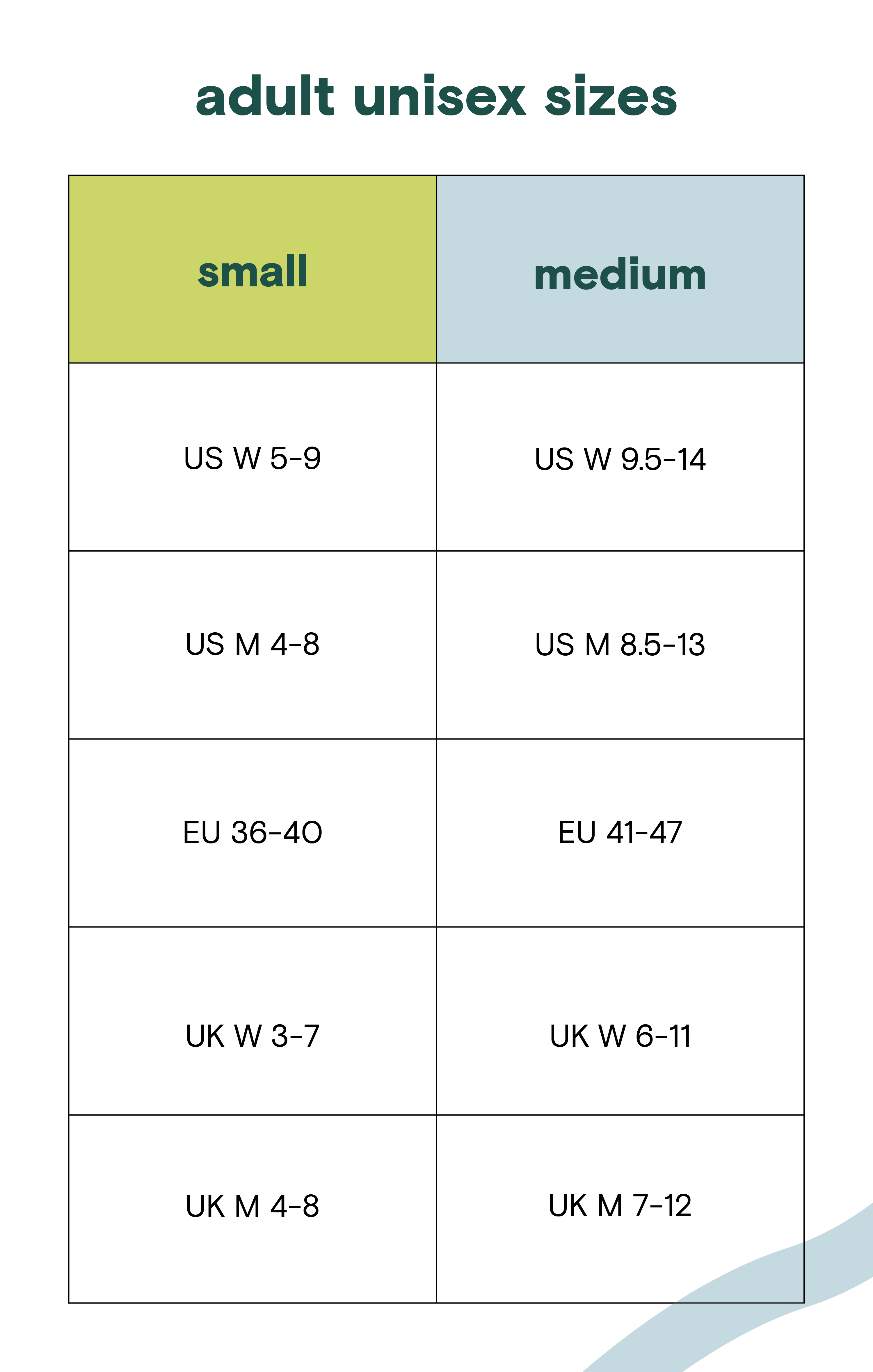The READ Act: Improving the Future of Education
By Matthew Russo

Photo Credit: Committee on Science, Space & Technology
Thanks to overwhelming public support and an effective call-to-arms from some of our country’s leading minds, the Reinforcing Education Accountability in Development Act (or READ for short) of 2017 passed unanimously in the House of Representatives on January 24th, 2017. The approval came just hours after READ was introduced, setting a new tone in educational policy in the New Year. Just last year, a similar bill – called the Education for All Act – was unable to gain the support it needed from the Senate after passing in the House; this year, we’re hoping to push the READ act over that final hurdle and start giving children in underdeveloped countries around the world the type of education they deserve!
As it stands, the resources available to underdeveloped countries aren’t nearly enough to provide safe, stable school environments and quality curriculums to their students. With the success of the READ act, the U.S. is poised to make a tremendous impact on the lives of millions of children around the globe by funding and implementing educational upgrades that wouldn’t exist otherwise. Initiatives like READ open doors for young students all over the world – especially young women, whose educations are notoriously neglected in many countries. Only one question remains: what happens next?
Understanding the READ Act

The READ Act (on record as H.R. 601) is designed to help the nearly 263 million out-of-school youth and adolescents (aged 6 to 17 years) gain access to safer learning spaces and more comprehensive curriculums. Many of these young students have seen their education either disrupted or destroyed completely due to political instability and overwhelming poverty. They have not been given the same opportunities as their counterparts in the United States and often lack basic literacy skills. Supporters of the READ Act – and all citizens of the world – know that quality education can lead to a dramatically different future; healthier lifestyles, stronger job prospects, and more stable societies. At its core, READ is designed to combat the educational deficiencies that plague many underdeveloped countries and introduce a higher universal standard for all students.
Introduced by Congresswoman Nita Lowey of New York and Congressman Dave Reichert of Washington, READ will ensure that assistance funds provided by the U.S. are used effectively and efficiently in every corner of the world. It perpetuates a culture of transparency and accountability, and all records of monetary transactions related to the act are to be available to the public. In other words, we’ll be able to see exactly where our money goes, when it goes there, and what it does once it gets there. By identifying which countries have the greatest need, READ stands to streamline the assistance distribution program and help our country make the greatest impact possible.
The Next Step
It should come as no surprise that there is strong, bipartisan support for the recently-introduced READ Act. Some of the most well-known and revered names in education have thrown their support behind this bill, ushering it through the House of Representatives without delay and preparing their voters for the next phase. In order to become law, READ will have to go to the Senate for consideration; this is the obstacle that 2016’s Education for All Act failed to maneuver, but we believe that 2017 will be different.
This bill will make it possible for millions of young students around the globe to gain access to the education they deserve, but pushing the READ Act through Senate is only the first step in strengthening our foreign assistance strategy. Together, we can create a brighter future for young students, their families, and their countries. Help us ensure that all children – regardless of birthplace - have the chance to experience a lifetime of quality primary and secondary education.

You can help buy purchasing socks that make a difference, right here with Conscious Step! To learn more about Room to Read, charity that provides books for those in need of Educational enhancements visit their site at www.roomtoread.com
Sources:
http://www.borgenmagazine.com/us-house-passes-read-act/
https://www.congress.gov/bill/115th-congress/house-bill/601
https://www.govtrack.us/congress/bills/115/hr601
https://www.countable.us/bills/hr601-115-read-act









0 comments